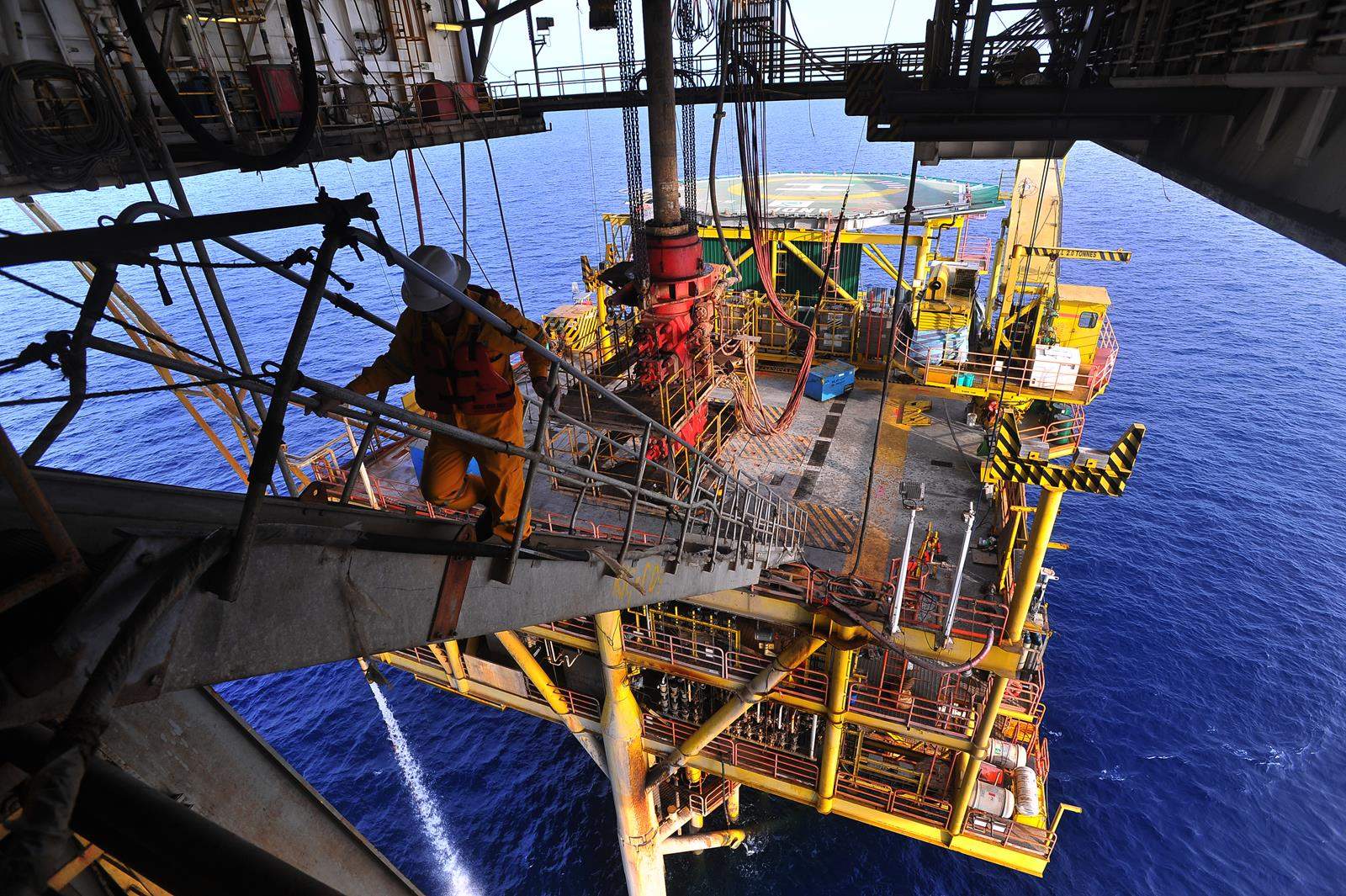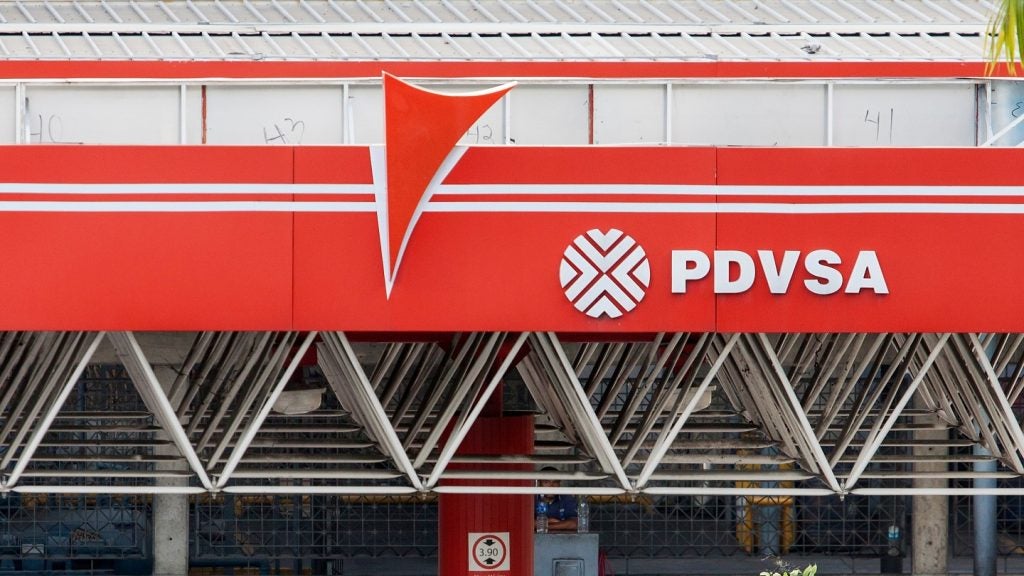
The regulatory regime in Malaysia’s upstream sector, dominated by PETRONAS for 44 years as the combined National Oil Company (NOC) and regulator, may become more complex due to recent political developments.
Long-running calls for greater control of resources and revenues for oil-producing states have increased in the past few years. Even more impactful may be the outcome of a pending court case brought by PETRONAS against the Sarawak state government’s assertion of full regulatory control of the sector.
PETRONAS’ case against the Sarawak government is scheduled for a hearing on June 21, with a significant prize at stake. Sarawak holds most of Malaysia’s oil and gas reserves and is home to the country’s LNG liquefaction plants.
At the heart of the dispute is the status of the 1974 Petroleum Development Act, which granted PETRONAS ownership of all petroleum resources in Malaysia. The Sarawak government argues that that the law is no longer valid because it was passed under emergency powers for which the enabling legislation was repealed in 2011. Sarawak has asserted that from July 1 the sector will be regulated according to state laws.
If Sarawak succeeds in wresting control of the sector from PETRONAS, significant changes in the way the sector is managed could follow. Firstly, state control of licensing opens up the prospect of changes in policies for granting new exploration licenses and re-licensing contracts set to expire in the coming years. The state government could even choose to alter the terms of the PSC regime offered to investors.
The full impact and policy direction of Sarawakian governance of the oil and gas sector will depend on how the dispute over control is decided, but for now uncertainty clouds the regulatory outlook. Furthermore, the impact of this case will likely be felt beyond Sarawak, with Sabah harbouring its own calls for greater control of the sector and participating in the case as an observer.
How well do you really know your competitors?
Access the most comprehensive Company Profiles on the market, powered by GlobalData. Save hours of research. Gain competitive edge.

Thank you!
Your download email will arrive shortly
Not ready to buy yet? Download a free sample
We are confident about the unique quality of our Company Profiles. However, we want you to make the most beneficial decision for your business, so we offer a free sample that you can download by submitting the below form
By GlobalDataAside from the dispute over regulatory control, the federal-state balance is already expected to shift through changes to revenue sharing terms. Malaysia’s oil-producing states currently receive half of the 10% royalty levied on oil and gas production, but this represents a less than 10% of the country’s total fiscal take from the upstream sector (figure below).
Fiscal take from Malaysian upstream sector to 2025






Related Company Profiles
PSC, LLC
PETRONAS
Noc
National Oil Corp